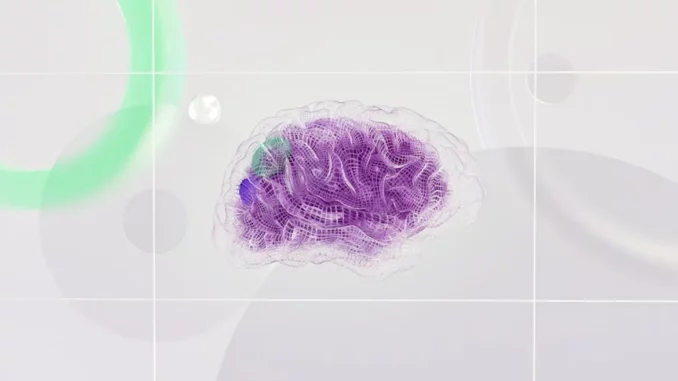
The deep brain stimulator (DBS) market is witnessing a remarkable expansion, with forecasts suggesting its value will reach USD 2,772.1 million by 2034. This impressive growth trajectory, marked by a compound annual growth rate (CAGR) of 7.8%, is largely driven by advancements in neurological treatment technologies and a rising incidence of neurological disorders. In a landscape where the demand for innovative solutions to manage complex neurological conditions is escalating, DBS technology emerges as a significant instrument in contemporary medical practice.
At the heart of this burgeoning market is the increasing need for advanced treatments to address neurological disorders. In 2024, the DBS market was valued at USD 1,308.0 million, and its projected growth reflects the intensifying demand for solutions in neurological healthcare. Deep brain stimulation is a neurosurgical procedure that involves implanting a device to deliver electrical impulses to targeted areas in the brain. Originally developed to treat movement disorders such as Parkinson’s disease, essential tremor, and dystonia, this technology is now being explored for its potential in addressing a wider range of conditions.
Several key factors are propelling the growth of the DBS market. Firstly, the rising prevalence of neurodegenerative and movement disorders is a major catalyst. As global populations age, conditions like Parkinson’s disease become more widespread, necessitating effective treatment solutions such as DBS. Technological innovations are also playing a crucial role, with advancements in neurostimulation technology, including rechargeable and adaptive stimulators, enhancing device efficacy and patient outcomes. Furthermore, DBS is expanding its clinical utility beyond traditional movement disorders, finding new applications in treating psychiatric and cognitive disorders, thereby broadening its adoption across various medical fields. Supportive healthcare policies and reimbursement structures, especially in developed regions, are making DBS treatments more accessible, further fuelling market growth. Additionally, ongoing research and development efforts are vital, as they continually open new avenues for market expansion by validating DBS’s potential in treating a broader spectrum of neurological and psychiatric conditions.
Technological trends continue to reshape the DBS landscape, particularly through the integration of artificial intelligence (AI) and machine learning. These innovations are revolutionising treatment precision and efficacy, allowing for real-time adjustments and personalised therapy that significantly improve patient outcomes. The trend towards minimally invasive surgeries is another noteworthy development, with DBS at the forefront of reducing recovery times and associated complications, thus enhancing its appeal and accessibility.
On a global scale, the DBS market exhibits diverse dynamics across different regions. North America, for instance, holds a substantial market share, attributed to its advanced healthcare infrastructure and the presence of major DBS device manufacturers. In the United States, favourable reimbursement policies and ongoing research initiatives are expanding DBS’s therapeutic applications. Similarly, in the United Kingdom, a robust research and development ecosystem fosters innovation, driving the adoption of new DBS technologies. However, challenges persist, particularly in regions where the high cost of DBS devices and procedures can hinder widespread adoption. The complexity of DBS surgeries, which require highly skilled neurosurgeons, further limits treatment availability in areas with a shortage of specialised medical professionals.
Despite these challenges, the DBS market is on an upward trajectory, propelled by technological advancements and an urgent need for effective management of neurological disorders. As technology continues to evolve, DBS is poised to become an integral part of improving the quality of life for patients with complex neurological conditions. The incorporation of AI and machine learning, alongside sustained research and development efforts, will further expand the capabilities and applications of DBS, cementing its critical role in the realm of modern medicine.


Be the first to comment